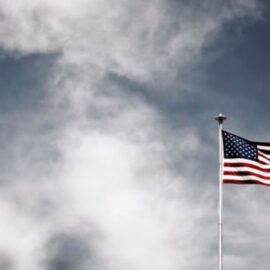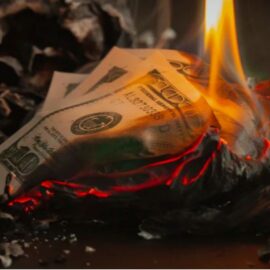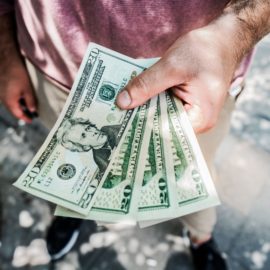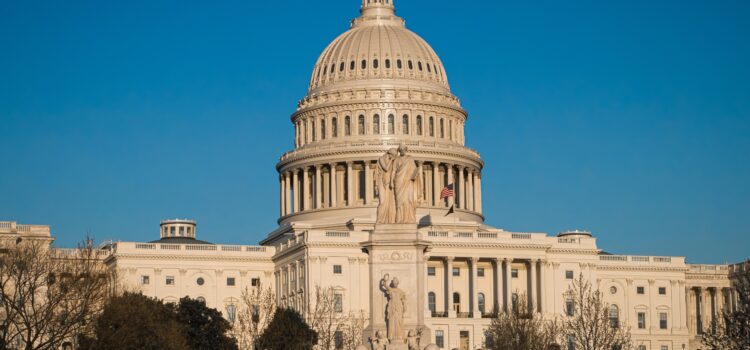
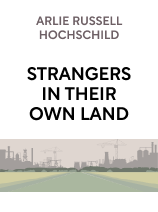
This article is an excerpt from the Shortform book guide to "Strangers In Their Own Land" by Arlie Russell Hochschild. Shortform has the world's best summaries and analyses of books you should be reading.
Like this article? Sign up for a free trial here .
What does it mean to be anti-big government? Why is this a cornerstone of conservative values?
Being anti-big government means that you reject government regulation and any use of the welfare system. Conservatives claim to be anti-big government despite suffering due to lack of regulation and environmental destruction.
Read more about the conservative anti-big government ideology.
Anti-Big Government: Regulation, Hierarchy, and Honor
It might seem baffling why Louisiana voters would keep electing politicians who allow oil companies to poison their air and drinking water, expose them to lethal chemicals, and wreak havoc on their state’s budget and social services.
But if we’re going to overcome the empathy wall, we need to delve deeper and understand the deeper story behind why these voters believe what they do. The ire that conservative Louisiana politicians and voters reserve for regulation and “Big Government” is about more than fiscal policy and spending priorities. They cast themselves as anti-big government, but it’s more about an emotional truth.
Being Anti “Big Government”
When we look at these deeper underlying attitudes, blue-collar conservative voting behavior begins to make more sense.
Despite Lee Sherman’s ordeal (which we discussed in earlier posts) and his outrage at his treatment by the petrochemical industry, he remains a living embodiment of the conservative paradox. Although he is a direct victim of the unregulated capitalism that he so vehemently champions, he refuses to see himself or his life story in such terms.
Instead, he is an ardent Tea Party supporter who canvasses for right-wing Republican politicians and rails against high taxes and a Democratic Party that he believes exists to steal his hard-earned money and give it to the undeserving and lazy poor.
Traditional Values and Political Loyalty
Like Lee Sherman, Harold Areno (who, as we saw, has witnessed nearly his entire family succumb to pollution-related cancer) remains trapped in the conservative paradox. While he dislikes big business and laments the loss of the natural environment and the old Cajun way of life at the hands of the petrochemical industry, he insists that he is grateful for the jobs and economic opportunity that these companies bring.
He and his wife say that their faith in God and their belief in traditional family values are most important to them—and that their commitment to these values is what cements their loyalty to the Republican Party.
Instead of big business, Areno sees the federal government as the far bigger threat to his way of life. To him, liberal politicians like Barack Obama and Hillary Clinton represent a direct affront to his values, representing urban elites, secular ideals, and abortion on demand. For Areno, “Big Government” is not, and can never be, the solution. God—and only God—is the source of salvation. So in this case, being anti-big government makes sense to him.
Maintaining the Hierarchy
In conservative states like Louisiana, pursuits and cultural totems associated with a certain form of white male masculinity are indeed lightly regulated.
Highly individualistic, risk-taking behavior receives a light regulatory touch. Thus, state laws regarding the consumption and sale of liquor (even open containers in vehicles), the ownership of firearms, and the wearing of motorcycle helmets are indeed quite lax. For many Louisiana white men, being able to drink, own as many guns as you want, and ride your motorcycle without a helmet speak to the heart of what it means to be a man. They are near-sacred privileges and birthrights and any perceived infringement upon them represents a deep affront to their masculinity, pride, and honor.
While the white conservatives who champion these policies claim to be doing so in the name of freedom, it is a very specific type of freedom they have in mind. It is freedom to rather than freedom from. Louisianans may be free to buy and openly carry firearms or not wear seatbelts. But they are not free from environmental catastrophe, poverty, and poor health.
On the other hand, Louisiana employs some of the nation’s most heavy-handed and harsh regulation when it comes to the rights and prerogatives of women and minorities. For example, the state has some of the most restrictive anti-abortion laws in the country, with access to abortion practically unavailable for poor women (who are disproportionately Black). The state also incarcerates a larger share of its population than any other state—and those prisoners are also disproportionately Black. So they’re not anti-big government when the government is used to maintain the status quo and force control over minority groups.

———End of Preview———
Like what you just read? Read the rest of the world's best book summary and analysis of Arlie Russell Hochschild's "Strangers In Their Own Land" at Shortform .
Here's what you'll find in our full Strangers In Their Own Land summary :
- What drives right-wing politics in America
- How a lack of empathy is increasing the partisan divide
- Why Republican politicians remain popular even if their policies don't help their voters


